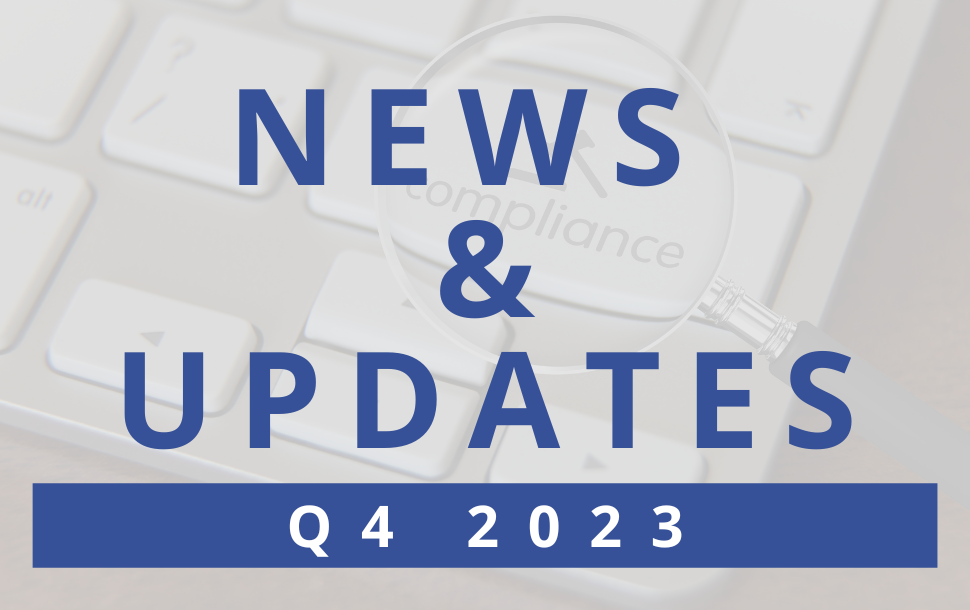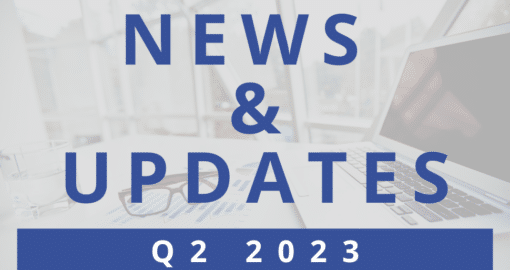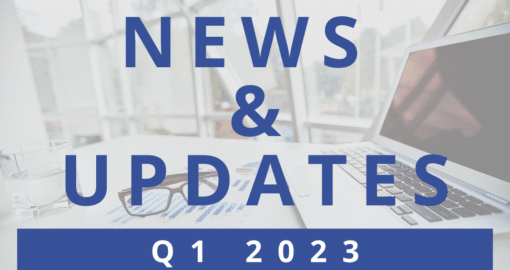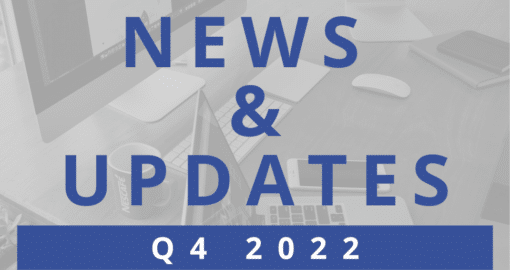Call Us Today (877) 943-0100
Quarterly Compliance Update, Q4 2023
Quarterly Compliance Updates | January 10, 2024
SCREENINGS
Clean Slate Laws
Clean slate laws are automatic record clearance initiatives.
New York is the latest state to pass a clean slate law. Offenders have always been able to apply to have their offense(s) sealed or expunged making them inaccessible. The New York Law https://assets.law360news.com/1767000/1767647/s7551a.pdf is an automatic sealing after a set number of years. Eligible misdemeanor convictions are to be sealed three years after a person has completed their sentence and certain felony convictions are to be sealed after eight years.
The law will not seal the records of people convicted of sex crimes, murder or other nondrug Class A felonies, and law enforcement, prosecutors, courts and the New York State Education Department will still have access to all criminal records under the Clean Slate Act.
The law will take effect one year from the date it was signed, replacing New York’s previous system that required people to petition the state to seal their conviction record. The bill was signed on November 16, 2023.
Michigan Clean Slate Law challenges update
Michigan is still working through the expungement of certain criminal records to meet the requirements of the Clen Slate Law enacted earlier this year. We are still seeing delays, and some counties may take longer than others when a possible criminal record is identified, and confirmation of it is necessary.
NOTE: It is important to understand that the automatic expungement of records mandated by the Clean Slate Law can lead to records previously reported not being available in more recent background screening.
More about the clean slate initiative and involved states can be found here: https://www.cleanslateinitiative.org/states#states
Criminal/Public Record Delays
Redaction of Date of Birth
Redaction of date of birth and driver’s license numbers in California continues to cause delays in background check results. Some counties have longer delays than others; it is worth mentioning Sacramento, San Diego, and Los Angeles are some of the countries with the most extended turnaround times. To ensure maximum possible accuracy, potential criminal records found for a consumer need to be appropriately matched to the individual the background screening is for, and this is done via the use of Personal Identifiable Information. Personal Identifiable Information includes date of birth, driver’s license number, passport number, social security number, address, etc. The date of birth is a primary identifier for identity confirmation, and not having access to it in public records leads to court clerk-assisted searches to confirm a match between the individual and the criminal finding, and when the individual has a common name, the number of identifiers needed to establish a match increases. Court clerk-assisted searches are riddled with roadblocks that extend the time it takes to complete a criminal record search, like a limited number of searches per requestor, limited time windows allowed for searches by requestor, limited staff at courthouses, etc. Similar situations are seen in other states like South Carolina, Virginia, and Michigan. We continue to work closely with our sources to obtain the necessary verification of records as soon as possible.
Cyber Attacks
We recently put out an alert about two states, Kansas and Massachusetts. To review:
Kansas
There was a “security incident” and the entire state outside of Johnson County (which uses a separate system). As of November 7, they have opened in-person appointment windows limited to 30 minutes. This is a slow process and as the “security incident” has all the hallmarks of a ransomware attack, they are unable to give a timeframe for when the system will be back operational.
MassachusettsOn November 2, the system database, supporting the Public Access system, was subjected to a cyber-attack. On November 9, it came back on, but they now have a backlog. This backlog will be worked through as soon as possible.
EEOC
The EEOC has released its strategic enforcement plan for 2024-2028. The use of screening tools affecting individuals with arrest or conviction records or temporary workers are areas that will be emphasized.
A good overview:
https://www.cbia.com/news/hr-safety/eeoc-releases-strategic-enforcement-plan
The EEOC will be looking closely at:
- the use of screening tools or requirements that disproportionately impact workers on a protected basis, including those facilitated by artificial intelligence or other automated systems, pre-employment tests, and background checks.
- individuals with arrest or conviction records;
- temporary workers;
Negligent Hiring
We would be negligent if we only related one side of compliance.
With Fair Chance, Ban the Box, Clean State, individualized assessment, discrimination and adverse action requirements, we can lose sight of why we screen workers and contractors—protect the public, fellow workers and avoid liability under the Negligent Hiring/Retention doctrine.
Just last year, a jury awarded one of the largest verdicts (of all types) in American history against a cable operator for the murder of an elderly woman who was killed by one of its service technicians in her home. This negligent hiring verdict was for more than $7 billion. https://www.hrmorning.com/news/negligent-hiring-jury-verdict/
Given that a victim generates much sympathy, it is not just the size and (frequency) of recent settlements. Legal defense fees are high, but worse, in general, the chances of winning negligent hiring cases are slim with over 79% of employers losing. https://www.foxhire.com/blog/what-is-negligent-hiring-how-avoid/.
Juries sympathize with the victim. At its most basic, the negligent hiring doctrine requires you to assess the nature of the job, and its degree of risk to third parties and then perform a reasonable background investigation to ensure the applicant is competent and fit for the job duties. And, we think that is exactly what you are trying to do with us as your partner. (Negligent retention is a related theory where it is alleged you should not have retained, rather than hired, a worker. You may want to periodically monitor your workers’ backgrounds)
To receive these updates directly in your email inbox, sign up for the newsletter. Questions or comments? We want to hear from you.
Q2 2023 – Compliance Update
SCREENINGS US Regulatory Enforcement Is A-Coming… As a professional background screening industry,...
Read MoreQ1 2023 – Compliance Update
SCREENINGS Marijuana Legalization Continues… In Q4, we saw Missouri, the US Virgin...
Read MoreQuarterly Compliance Update, Q4 2022
SCREENINGS Changes (Again) to Independent Contractor Definition On October 11, 2022, the...
Read More


